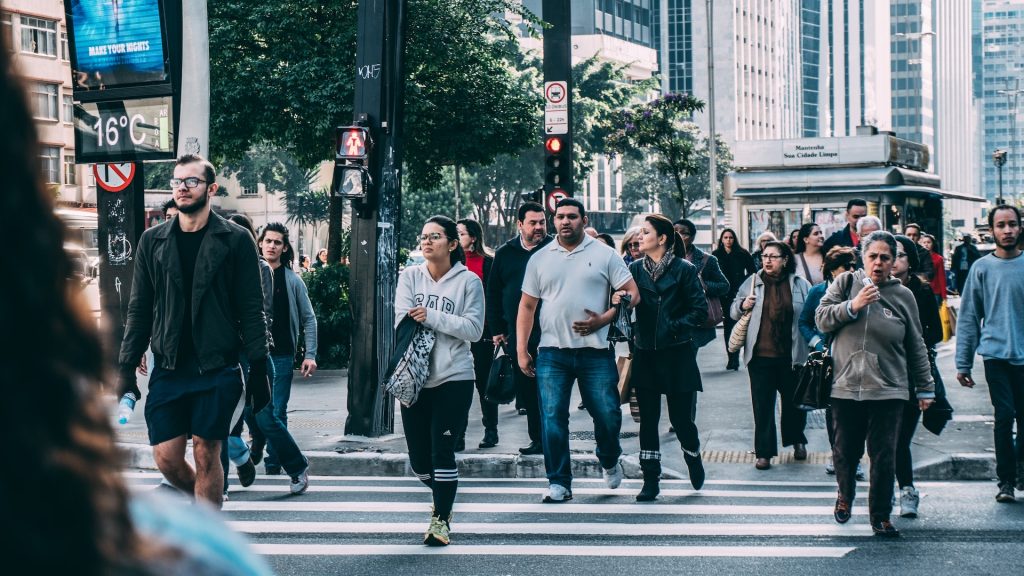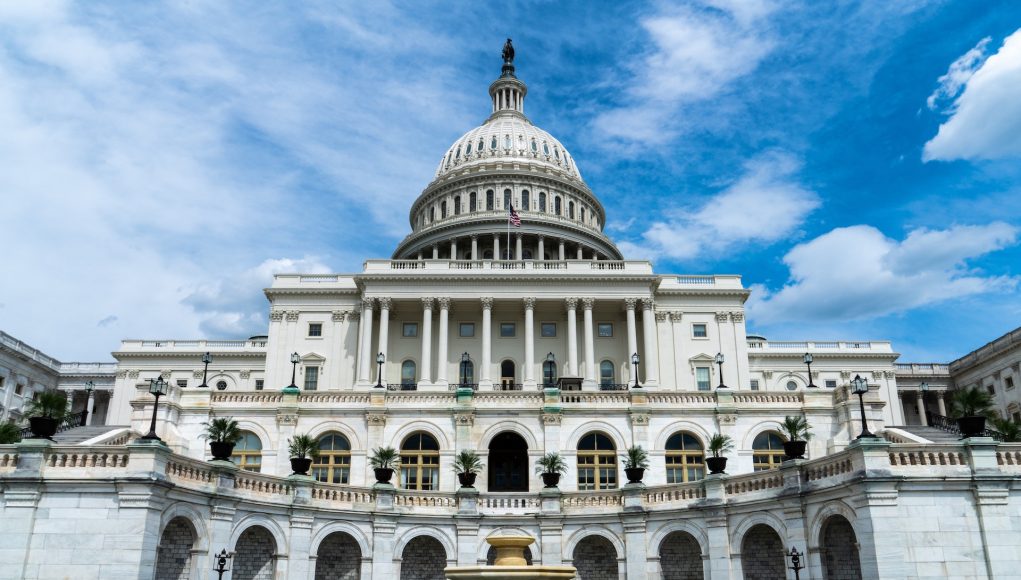Felons are people who have been convicted of a crime and sentenced to serve time in prison. If you’ve ever watched any crime dramas on TV, you know that felon is not just another word for felonious criminal. Felons can be good people who made a mistake and paid their debt to society or bad people who only care about themselves and will do anything they can get away with. In the United States, several laws protect felons, which vary by state. Some of these laws concern employment, housing, and voting rights. In addition, many states have programs in place to help felons re-enter society after they have been released from prison.
One such law is the felon employment protection law. This law prohibits employers from discriminating against felons in their hiring decisions. In other words, employers can’t refuse to hire someone just because they have a felony conviction. There are several reasons why this law exists. For one, it gives felons a second chance to get back on their feet and provide for themselves and their families. It also helps to reduce crime, as felons who can find a job are less likely to turn to a life of crime to make money.
Another law that protects felons is the felon housing protection law. This law prohibits landlords from refusing to rent to someone just because they have a felony conviction. This law is important because it helps felons to find a place to live after they’ve been released from prison. It also gives them a chance to rebuild their lives and get back on their feet.
Finally, there is the felon voting protection law. This law prohibits states from denying felons the right to vote. This law is important because it helps felons to participate in the democratic process and have a voice in their government.
Table of Contents
What are the laws that protect felons in the United States?

There are several laws in the United States that protect felons. These laws vary by state, but generally concern employment, housing, and voting rights. In addition, many states have programs in place to help felons re-enter society after they have been released from prison. One such law is the felon employment protection law, which prohibits employers from discriminating against felons in their hiring decisions. This law is important because it gives felons a second chance to get back on their feet and provide for themselves and their families. It also helps to reduce crime, as felons who can find a job are less likely to turn to a life of crime to make money. Another law that protects felons is the felon housing protection law, which prohibits landlords from refusing to rent to someone just because they have a felony conviction. This law is important because it helps felons to find a place to live after they’ve been released from prison. It also gives them a chance to rebuild their lives and get back on their feet. Finally, there is the felon voting protection law, which prohibits states from denying felons the right to vote. This law is important because it helps felons to participate in the democratic process and have a voice in their government. For more information on felon protection laws, please visit the website of the National Employment Law Project: https://www.nelp.org/publication/ban-the-box-messaging-memo-expanding-opportunity-for-everyone/
Why are these laws important?
Felons deserve their second chance to become law-abiding citizens, and these laws not only protect felons from having to jump through extra hoops after they’ve done their time for past mistakes but also make it easier for felons to remain productive members of society.
- The felon needs a job after release, so some state laws may provide employment protection.
- Felons need access to low-income housing because as renters even if there are no other problems with the felon such as bad credit or poor references from past landlords that still can’t keep them out of the system. If a felon is homeless because they have been denied housing then they may re-offend just out of desperation, which leads back to prison.
- Felony convictions can also strip people of the right to vote, and this has a cascading effect on society as a felon’s voice is taken away from the democratic process.
- Rehabilitation and reintegration into society are key for felons post-release, and many state governments have put in place different programs that help with this. Examples of such programs include transitional housing, job training, and mental health services.
What are some of the benefits of these laws for felons and society as a whole?



There are many benefits to these laws for felons and society as a whole. For felons, the laws provide a second chance to re-enter society and become productive members of society. This can help reduce crime rates and make our communities safer. In addition, these laws can help felons find employment, housing, and education opportunities. This can help them support themselves and their families, and decrease their chances of returning to prison.
For society as a whole, these laws can help reduce the cost of incarceration, which is often paid for by taxpayers. They can also help felons transition back into society more smoothly, which can lead to increased employment rates and decreased crime rates.
Are there any criticisms of these laws?
There are some criticisms of these laws. Some people argue that they provide too many benefits to felons and not enough punishment. Others argue that the laws make it too easy for felons to re-enter society and that they should be required to do more to prove that they are reformed before they are given certain rights and opportunities. However, the benefits of these laws for both felons and society as a whole are clear, and they should be continued.
Conclusion
Felon protection laws are important because they help felons rebuild their lives after being released from prison. These laws provide employment, housing, and voting rights protections, as well as various other benefits. The felon protection laws are important for felons because they give them a second chance to become productive members of society. They are also important for society as a whole because they can reduce crime rates and the cost of incarceration. There are some criticisms of these laws, but the benefits outweigh the drawbacks.
































